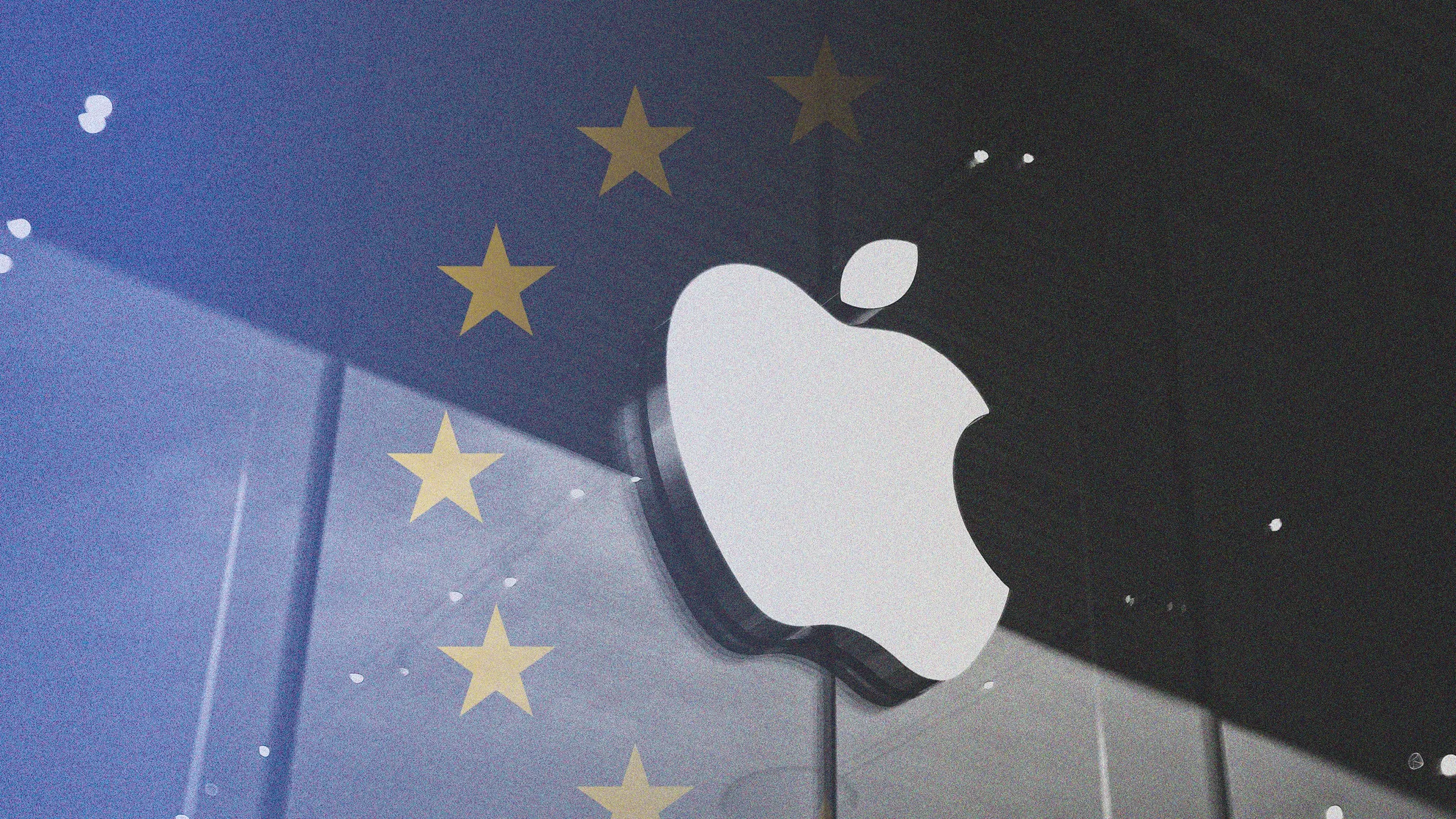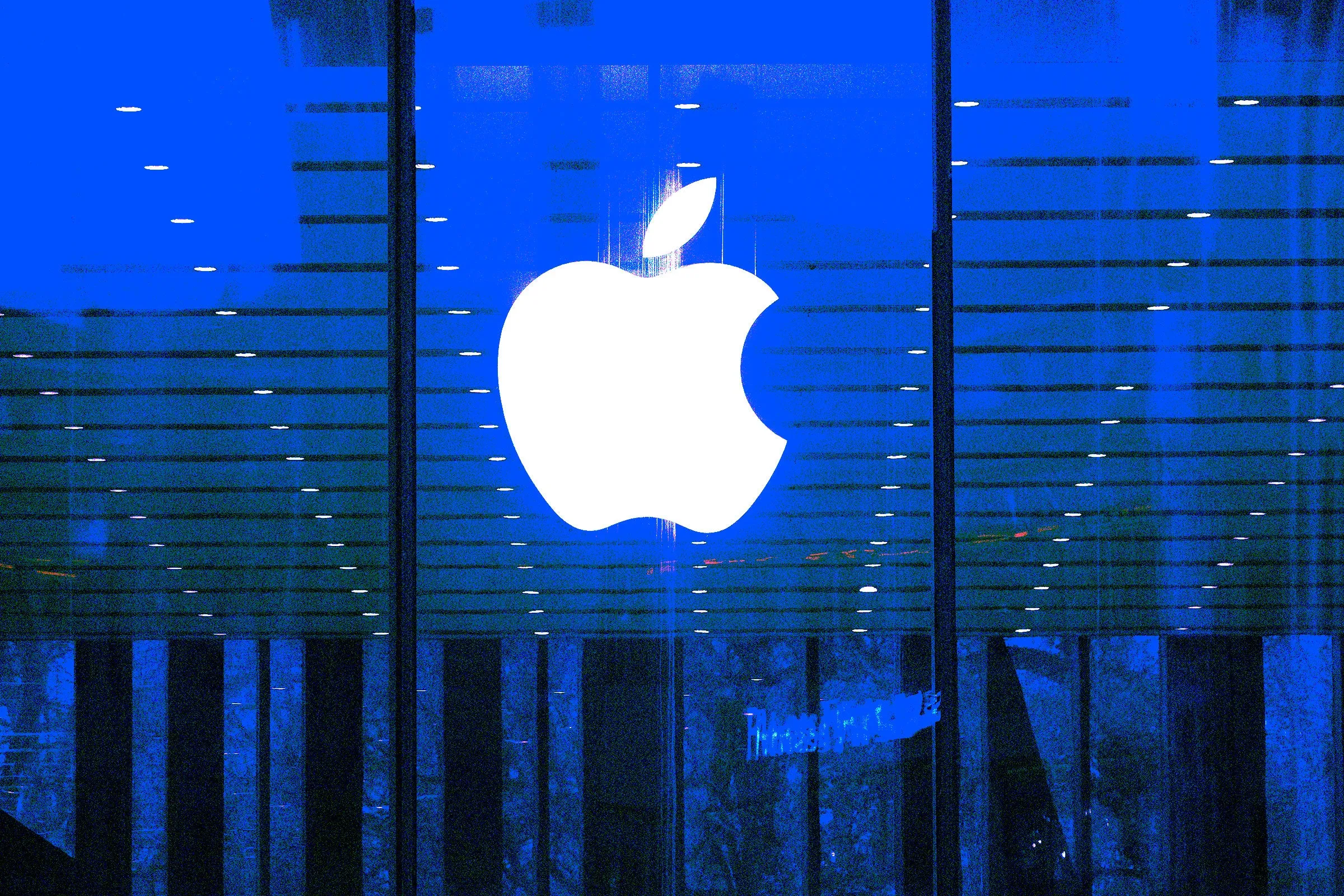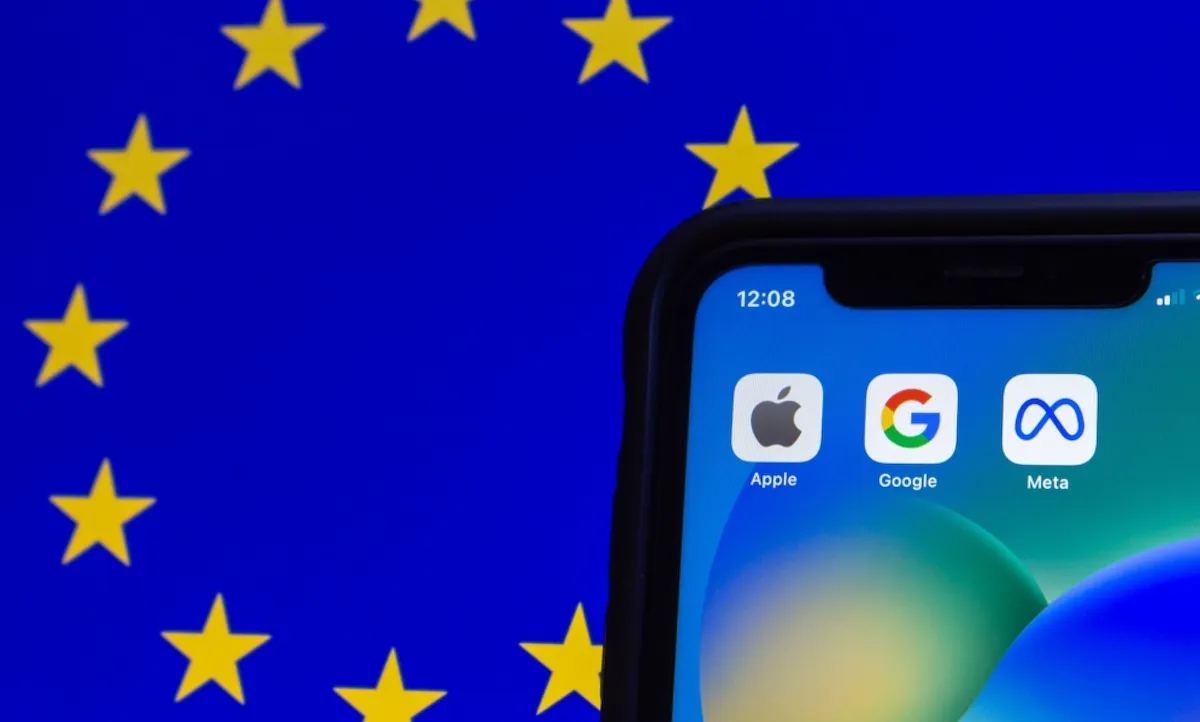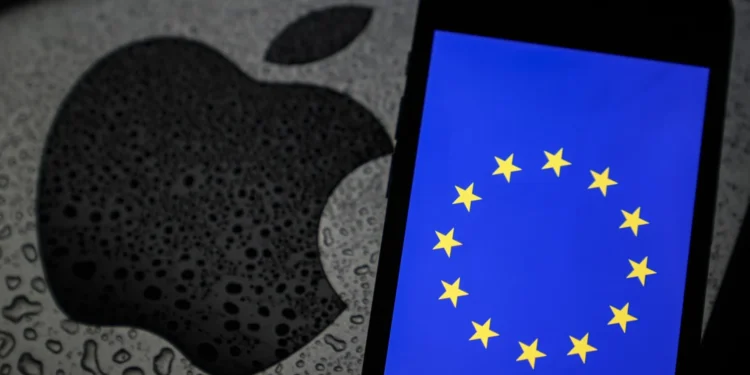The European Commission’s recent document outlines a bold vision: a tech ecosystem where Apple’s proprietary services like AirDrop and AirPlay aren’t just limited to iOS and macOS. Instead, they could be used across a variety of platforms, including Android. This initiative stems from the EU’s broader agenda to ensure “effective interoperability” across digital services, aiming to enhance user choice and competition.

The Technicalities of Integration
Specifically, the EU’s demands focus on some of iOS’s core functionalities. For starters, Apple is expected to revise its operating system to allow third-party apps, especially those related to smartwatches other than the Apple Watch, to run seamlessly in the background—mirroring the capabilities of Apple’s own applications.
More crucially, Apple is being asked to provide detailed protocol specifications for AirDrop. This would enable third-party devices to both send and receive files to and from iOS devices, a feature currently confined to Apple’s own ecosystem. The goal is to cultivate a more inclusive tech environment where software and hardware from different manufacturers can communicate more freely.

AirPlay’s Broadening Horizon
While AirPlay is already compatible with certain non-Apple TVs and devices, the EU’s regulations would take this a step further. The proposal requires Apple to allow any third-party device to act as an AirPlay sender, enhancing the functionality akin to Google’s Cast technology, which is accessible on multiple platforms.
Apple’s Stance on Privacy and Security
Apple, however, has not remained silent on these developments. In a public response, the company has voiced significant concerns, stating that these changes could potentially compromise user privacy and security. Particularly, Apple highlighted the risks of allowing companies like Meta greater access through increased interoperability, cautioning that it could lead to new privacy and security vulnerabilities and give such companies deeper insights into users’ personal data and home environments.

What Lies Ahead
The EU is currently seeking feedback on this directive until January 9, 2025. Should Apple fail to comply once the regulations take effect, it could face substantial penalties. This ongoing saga highlights a critical tension in the tech industry: balancing regulatory demands for openness with the need to protect user privacy and security. As this debate unfolds, it will undoubtedly shape the future landscape of global tech interoperability, potentially setting a precedent for how other tech giants might be regulated on the global stage.










